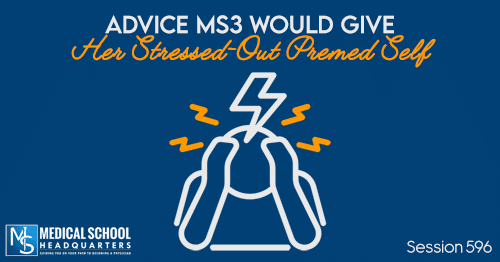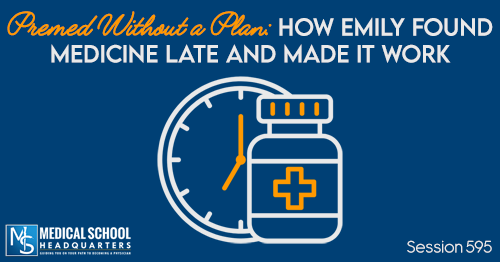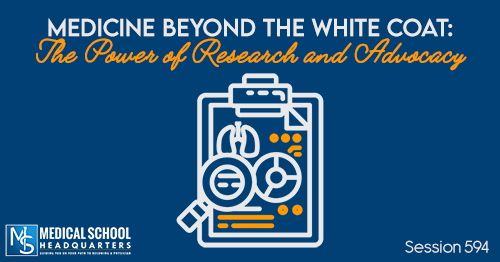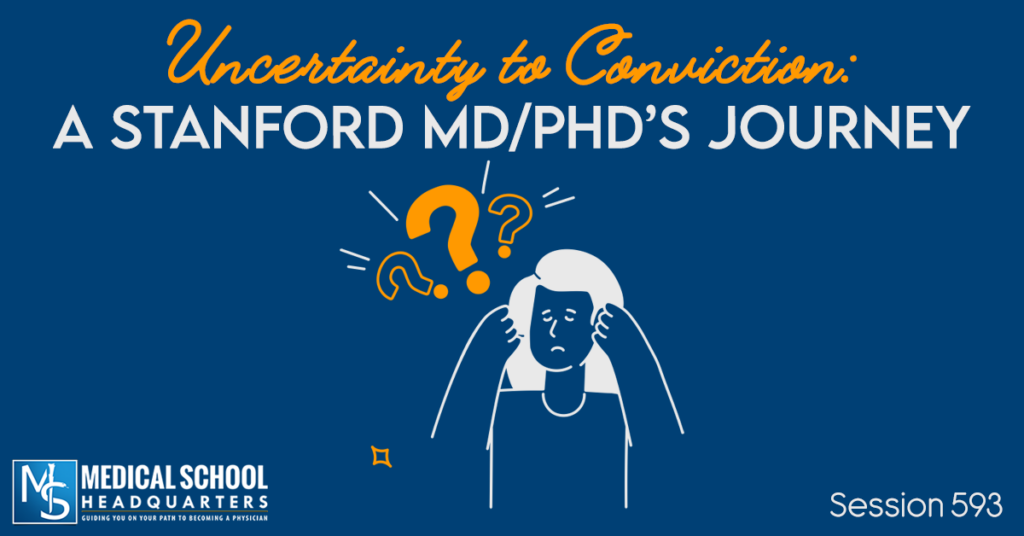We already covered a Top 10 Tips for the Medical School Interview. Review that if you haven’t already
The Caribbean Medical School interview will be very similar to a U.S. medical school interview. Read the above article if you haven’t yet. Beyond those tips, there are several specific questions that need to be asked. Many of these questions can also be asked at U.S. medical school interviews as well. Important Questions for Caribbean Medical Schools:
-
Who is the school accredited by?
- U.S. (Puerto Rico included) and Canada are accredited by the Liaison Committee on Medical Education (LCME). International medical schools have different accreditation bodies.
- Have there been any accreditation violations, if so what have they done to fix them?
- Has the school lost their accreditation at any point in it’s history? Again, you need to follow-up with what they did to fix any issues which caused them to lose the accreditation. You might not think that these things are important, but you have to remember you are entering into a contract with the school. For your money, they are offering to teach you how to be a doctor. You need to make sure that they will actually be accredited to do it. This is the same process a homeowner would go through when checking the credentials an licensing of a contractor.
Scholastics
-
What percentage of students who start school, complete the USMLE Step 1?
- This will give you a good picture of just how many students the school is accepting that they really shouldn’t be. These are the students that drop out before completing the second year of school.
-
What percentage of students fail to pass the USMLE Step 1 on the first try?
- This is a great number to know, because it is a standard measure across all schools.
-
What percentage of students don’t Match?
- Remember, it doesn’t really matter if you have an M.D. after your name if you don’t complete a residency. You need to Match (with exceptions) to do a residency.
The Clinical Years
-
Where are clinical rotations held?
-
I stumbled across this article from 2010. While Caribbean medical schools have been seeding hospitals in the U.S. for many years, it looks like U.S. schools may be fighting it for the future.
-
-
Are all the rotation sites accredited by the ACGME?
-
Does the school arrange housing at the rotation?
-
Will you be working side by side with U.S. medical schools?
- The mind set of a medical student is to always compare. When around other Caribbean medical students, you don’t have a gauge of how well you are doing compared to U.S. students. Getting into an environment with U.S. medical students will let you stand side by side and measure up. One other thing you can do when working at common rotations is to talk to one of the attendings. Ask them if they notice any differences between the students. Maybe there is one subject that is lacking that you can improve upon.
-
Will you have the opportunity for electives, if so can you do them wherever you want, even if not affiliated?
- If you know you want to do a specific residency at a particular program, you need to do a rotation there. Your chances of getting into a residency increase dramatically when you complete a clinical rotation at that program.
Money Issues
-
Is tuition assistance US Government Backed or is it privatized?
- For an international medical student to get U.S. funding, the school must be accredited by the National Committee on Foreign Medical Education and Accreditation (NCFMEA).
-
Is there a financial aid office to help you go through all your options?
-
What is the default rate on loans of the graduates?
- This question can give you an idea of how well the financial aid office prepares students for their finances after graduation.
Selectivity
-
What is the average science and non-science GPA of last years class?
- You should specifically ask about last years class. This will give you a current snapshot of the competitiveness of the school.
-
What is the MCAT breakdown of last years class?
- Same as the previous question. You may find that your MCAT scores and GPA is much higher than the averages. This will help you when you have to choose which schools acceptance you want to pick.
-
What is your average class size?
- This is a little bit more of a personal question. Some don’t mind large groups, some do. Knowing the answer will give you the opportunity for the “eye ball” test when touring the facilities. You can judge whether or not there is enough space for everybody. This gives you an idea of if the school is more worried about cramming people in (more students = more money), or making you comfortable. Do you like studying in a library? Will the class size and library size make it impossible to find a seat?
-
How many classes start each year?
- This is similar to the last question. More bodies = less space. Because of the lower base standards with GPA and MCAT, many students who start at a Caribbean medical school do not finish. This is one reason why the schools accept so many students, and have multiple classes each year. With the attrition, they need to make sure they have enough students who finish to pay the schools bills.
Housing
-
Does the school provide housing – is it available until you leave for the clinical rotations or is it guaranteed only for the first year?
- Where do most students live if no school housing available?
-
Do they have recent crime rates for the surrounding areas?
-
What are the contingency plans if natural disaster?
- This is a very important question for medical schools that are in the Hurricane Belt. Does the school have plans in place if facilities are damaged enough to cause the school to close for any period of time? You can also ask when ask was the last time the school was affected by a hurricane.
Last but not least, you need to ask for a list of references that you may contact to ask about the school. This includes current and former alumni. Many of the above questions can be tweaked to ask alumni to get a different prospective. Remember, the school that is interviewing you sees you as dollars, since they are FOR-PROFIT institutions. As Ronald Reagan once said, “trust, but verify.” Caribbean medical schools can be an only option for some – but no matter how you got there, if you work hard, you can succeed.







